Hey, girls!
Today, a little about hair oils, to be more precise – things to consider while choosing one. I hear a lot of opinions from girls complaining about hair oils and effects they get: weighed down hair, frizzy hair, oily hair, dry strands; I even heard about a few cases of scalp irritation. How is it possible that an all-natural and safe substance causes dryness and irritation? Let me explain. Discover a few important facts you must be familiar with before visiting a drugstore in search of a hair oil.
- Only natural oils are fully safe and free from comedogenic substances. That’s why you must check the list of ingredients when you buy a drugstore product. You’ll notice that apart from valuable oils, the cosmetic can include silicones, parabens and alcohols (even if they’re volatile, it takes time before they vanish from the hair surface; in the meantime, they cause dehydration or irritation). Oils containing synthetic substances mustn’t be applied to the scalp! Unless you want to look like Tim Burton’s movie character 🙂
- Cyclohexasiloxane, cyclometethicone, dimethicone, dimethiconol, simethicone, alcohol denat, benzyl alcohol – if you notice these substances among the ingredients, put the product back on the shelf. Such oils are unsuitable for scalp oiling which is against the nature of oils and weakens their repairing power. Cosmetic oils with silicones and other harmful substances play the role of shine boosters and offer very gentle conditioning effects. Sometimes I think such products contain oils to lessen the action of synthetic silicones, not to repair or nourish hair. It’s an absolute grotesque, abstraction, no logic and hypocrisy.
- The more natural oils in a product, the better. Natural oils have different proportions of vitamins and minerals. Many of them contain unique substances like squalane. That’s why a set of different oils makes a dream team for your hair care.
- Match oils to your hair porosity. Otherwise, your hair will be weighed down (Severus Snape’s hairstyle) or frizzy (Beetlejuice). It’s because the oil’s particles must match your hair structure and the gaps in the cuticle layer of your hair. If your hair has high porosity – highly raised cuticle scales – you need larger particles to repair, nourish and beautify the hair. Using a mismatched hair oil is like trying to open the door with the wrong key. So, girls, you must define your hair porosity (use an online test) to determine the oils and products your hair really needs.
Summing up: before buying a hair oil, take a look at the ingredients, match it to your hair structure and porosity. You must also check if the oil can be applied to scalp – it’s the only way for providing your hair with full repair. Good luck!

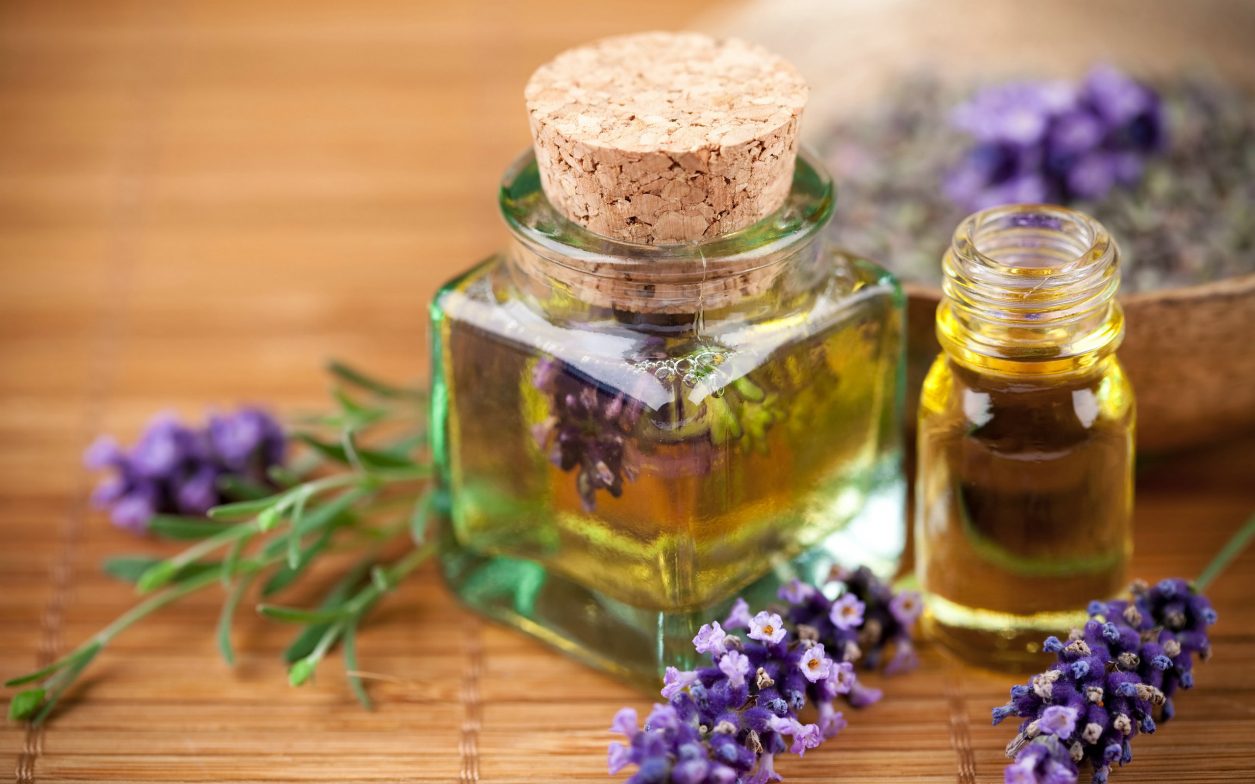

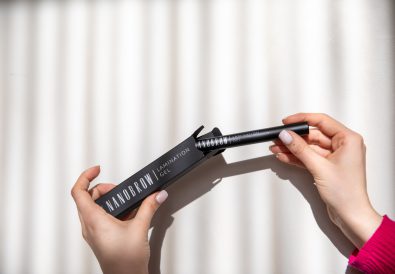



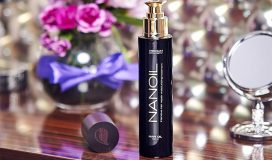


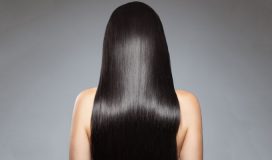

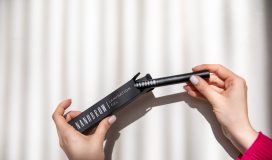

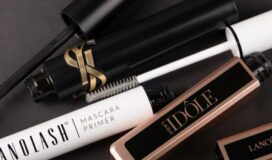
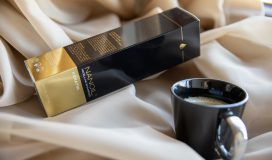
Leave a Reply